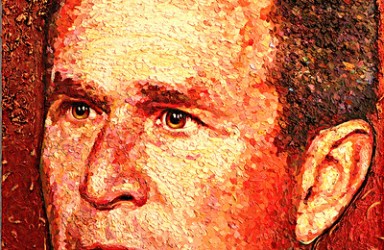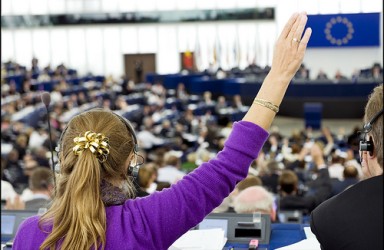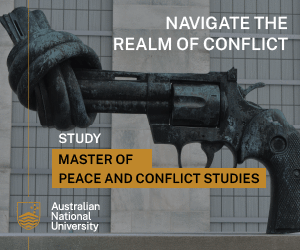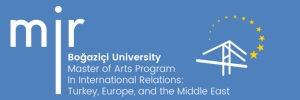The persistence of military domination in Myanmar
Myanmar’s post-colonial era is characterised by the domination of the military as the key actor in the state’s politics over the 62-year period since British rule ended. Democratic elections have only once resulted in the installation of a civilian-led government in Myanmar. Indeed, the country offers a counter-argument to the conventional wisdom among political scientists that ‘military rule is the shortest form of authoritarian regime in the developing world’
Contradicting Norms of Secession in the Balkans
Ethno-nationalism has become a potent force in international and domestic politics. Gradually, norms have developed favouring a right of self determination for national groups seeking self-government.
The Use of Dehumanizing Rhetoric in the War on Terror
Does George W. Bush’s rhetorical framing of the “War on Terror” conform to standard discourse regarding the practice of dehumanizing one’s enemies in times of war?
Contemporary Conceptualizations of Women in Conflict
This paper examines the conceptualization of women in contemporary counterterror conflicts. It analyzes in which ways constructed gender dichotomies as the beautiful soul and the just warrior are reinforced and manipulated by political elites focusing on the case of Afghanistan. The paper’s core is the (re)construction of women as victims by politicians, namely the Bush administration.
What are the contradictions implicit in the idea of a global civil society?
‘Globality’ can hardly be achieved if it does not embrace at least the majority of the Earth’s population. While global civil society may be a reality as an occurrence that has no precedent in history, this does not necessarily lead to the conclusion that global civil society is ‘global’ in the way it is envisioned by its most ardent supporters.
The EU Strategy Towards the Developing World
Regardless of whether increased EU influence comes purely from self-interest or is solely fixated on the goals of the Cotonou Agreement, it is clear that the EU has altered its strategy towards the Developing World.
How independent can Australia’s foreign policy be?
The independence of Australian’s foreign policy will never be absolute. It can only become more independent through possibility thinking rather than being “weighed down by myths of past centuries”, including the taking of a more flexible, independent line in its bilateral relationship with the United States.
Is International Law Colonial?
Several scholars have emphasised the apparent ‘Eurocentricity’ of modern international law and have hence argued that its development has been “a European story”. Is the realm of international law like a play that is being performed, in which the Western or European states are the actors on stage and their colonies, the Third World states, are only the spectators who are affected by what is happening on stage but do not have any real possibility of participating?
The EU Enlargements of 1995 and 2007
The enlargements of 1995 and 2007 demonstrate that even a small number of additions to the EU require deeper alterations to its institutions.
Operation Iraqi Freedom and the Obsolescence of War
One of the last major books about war in international relations is paradoxically a book forecasting the end of the object it analyses. Retreat from Doomsday: the Obsolescence of Major War by John Mueller was released in 1989 and has become a classic reading making the author one of the most influential authors on the topic of war.











